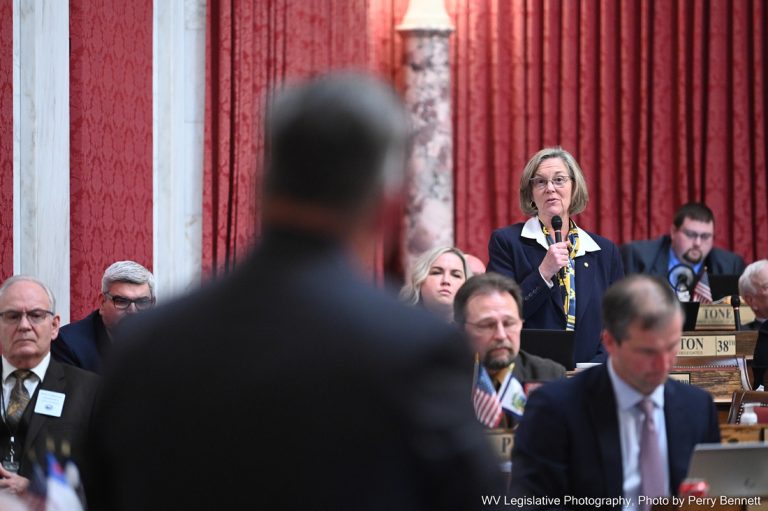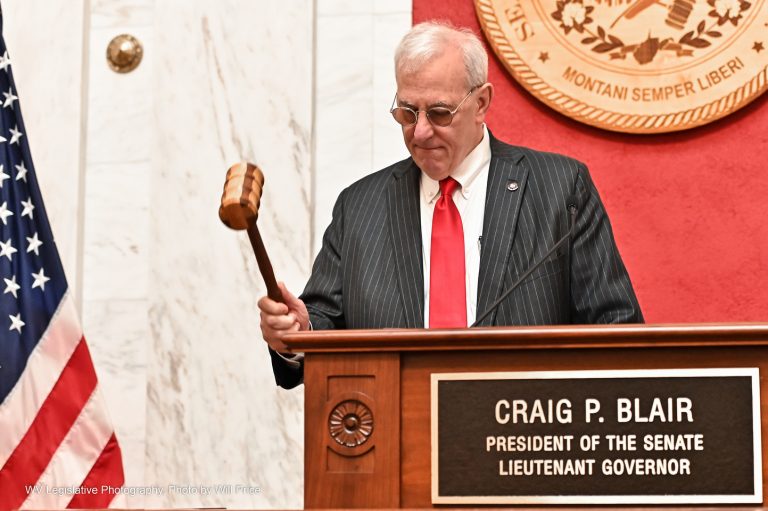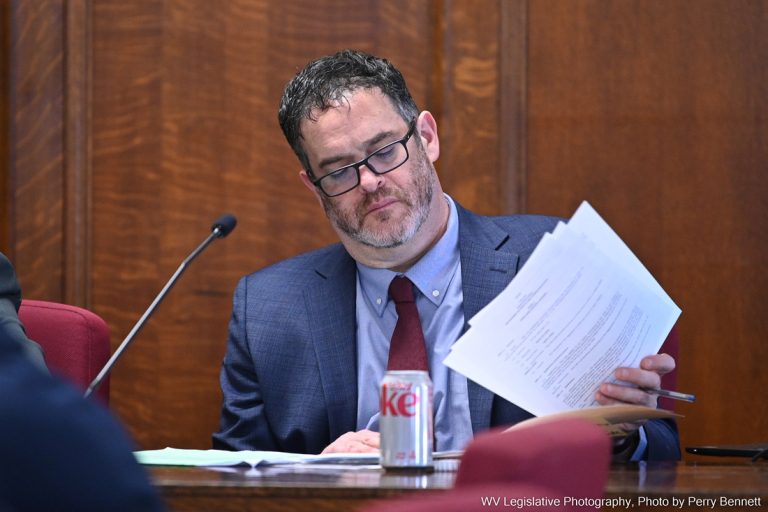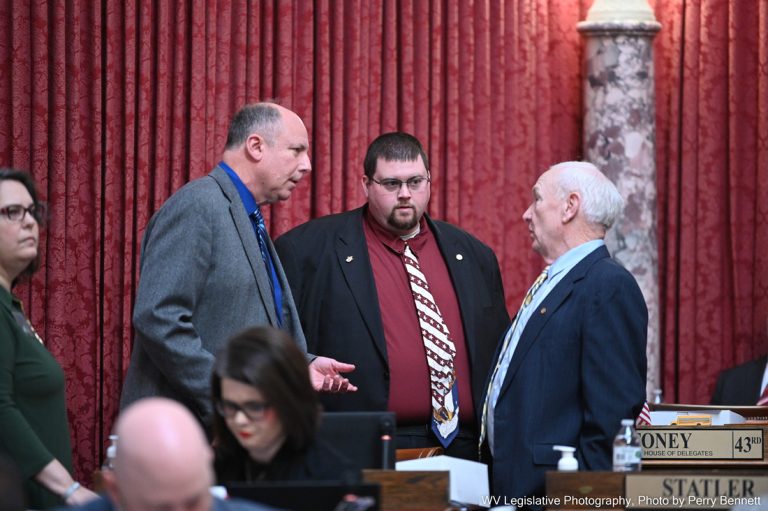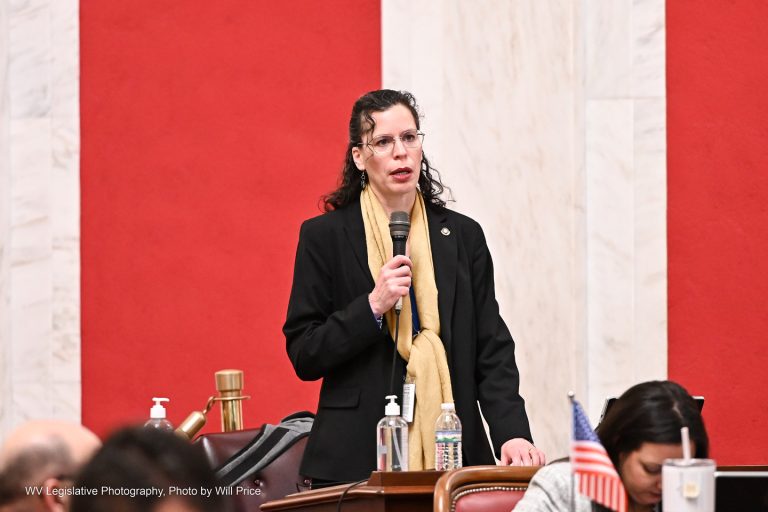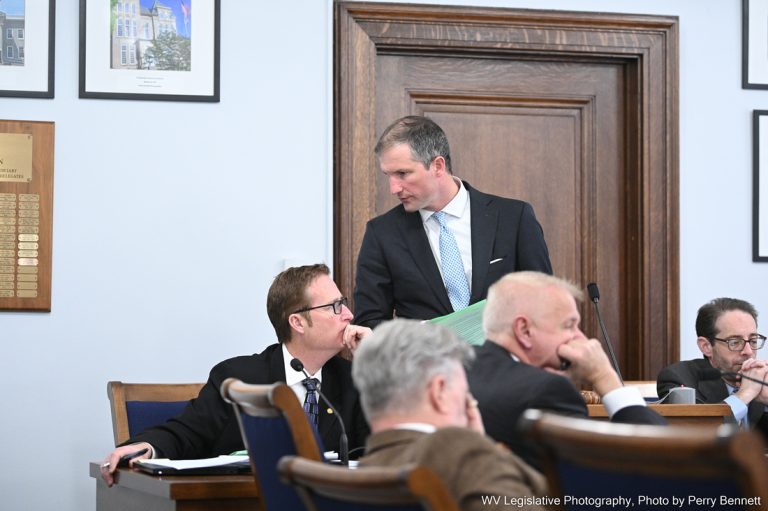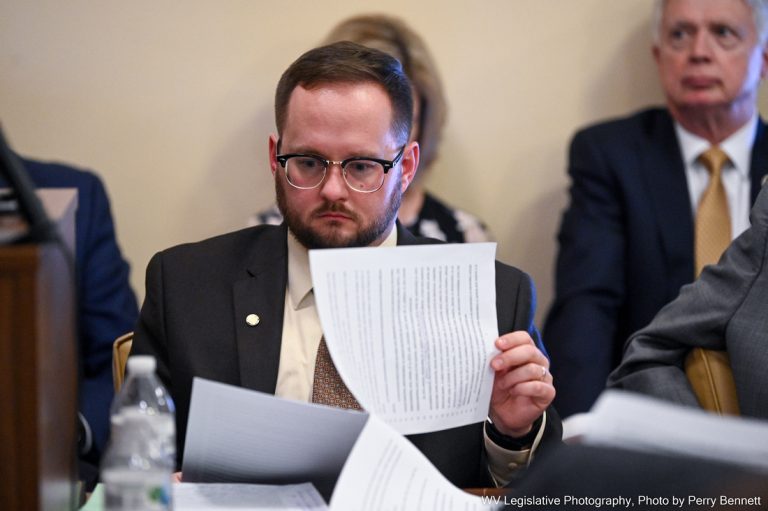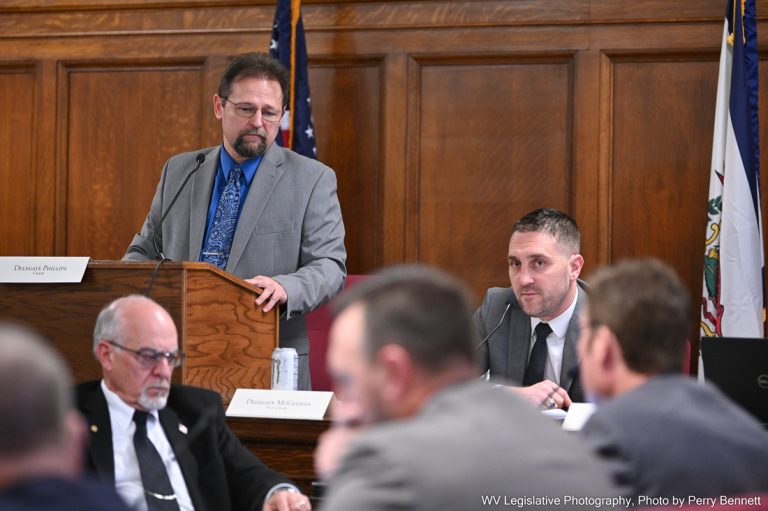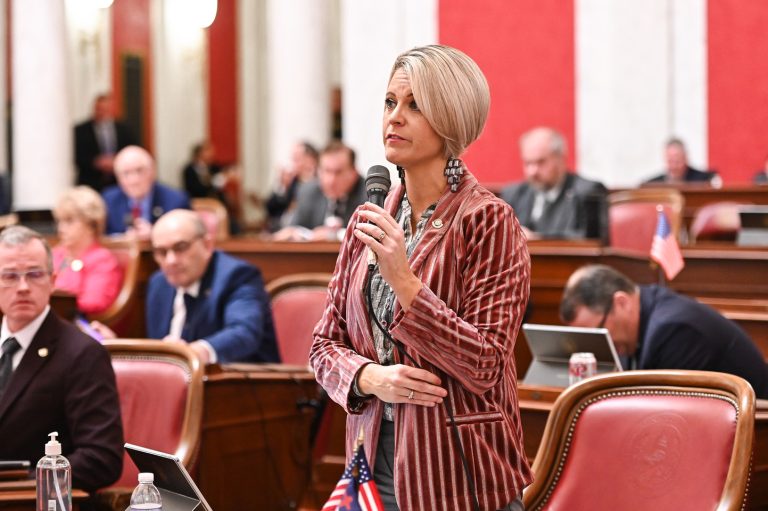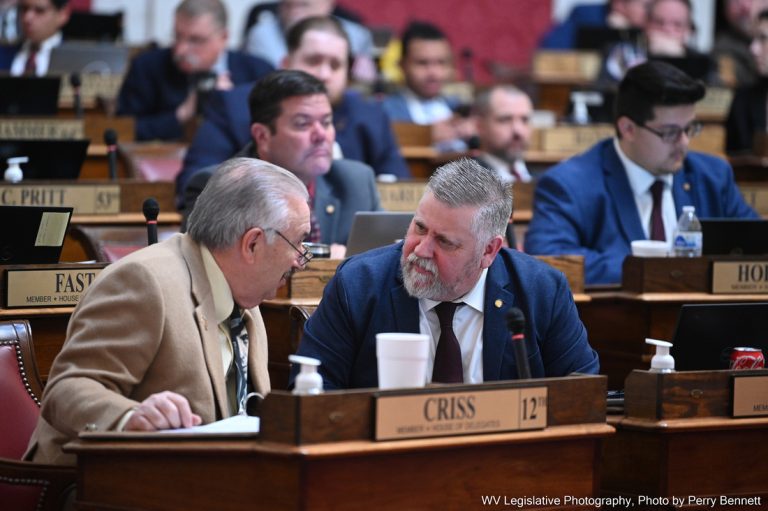Today, the House of Delegates passed five bills and two resolutions
House Concurrent Resolution 11 urges Marshall University and West Virginia University to lead an education consortium with the support of the HEPC and private industry representatives to assist the State to develop policies and programs to facilitate nuclear energy developments.
House Concurrent Resolution 13 makes the second week of February every year a week of recognition of the Boy Scouts of America.
Senate Bill 207 removes the maximum state allocation allowed to each eligible regional council.
House Bill 2596 clarifies the circumstances in which a county board of education shall permit the transfer of resident and nonresident students. The bill requires county boards and the State Department of Education to report annually on the number of transfer approvals and denials made under open enrollment policies.
House Bill 2613 allows certified registered nurse anesthetists to work in cooperation with a physician, podiatrist, or dentist instead of being supervised by one. This removes the liability from the doctor who may not be trained in anesthesia administering.
House Bill 2380 removes obsolete or outdated provisions of code relating to the School Building Authority.
House Bill 3061 updates the authority of the foster care ombudsman.
The House is adjourned until 11 a.m. tomorrow, February 2, 2023.
Committee Meetings, Today
- The Finance Committee will meet at 1:15 p.m. in Room 460.
- The Judiciary Committee will meet at 1:30 p.m. in Room 410.
- The Education Committee will meet at 2 p.m. in Room 434.
- The Committee on Government Organization will meet at 3 p.m. in Room 215E.
- The Committee on Veterans Affairs and Homeland Security will meet at 4 p.m. in 215E.
Committee Meetings, tomorrow, Feb. 2
- The Committee on Jails and Prisons will meet at 9 a.m. in Room 410.
- The Committee on Workforce Development will meet at 9 a.m. in Room 215E.
- The Committee on Senior, Children, and Family Issues will meet at 10 a.m. in Room 460.
- The Committee on Technology and Infrastructure will meet at 1 p.m. in Room 434.
- The Committee on Energy and Manufacturing will meet at 1 p.m. in Room 410.
- The Committee on Health and Human Resources will meet at 3 p.m. in Room 215E
Public Hearings, Thursday, Feb. 2
- The Judiciary Committee will hold a public hearing on House Bill 2007 – Prohibiting certain medical practices – at 9 a.m. in the House Chamber.
- The Finance Committee will hold a public hearing on House Bill 2883 – Making a supplemental appropriation from the Coronavirus State Fiscal Recovery Fund – at 2 p.m. in the House Chamber.


